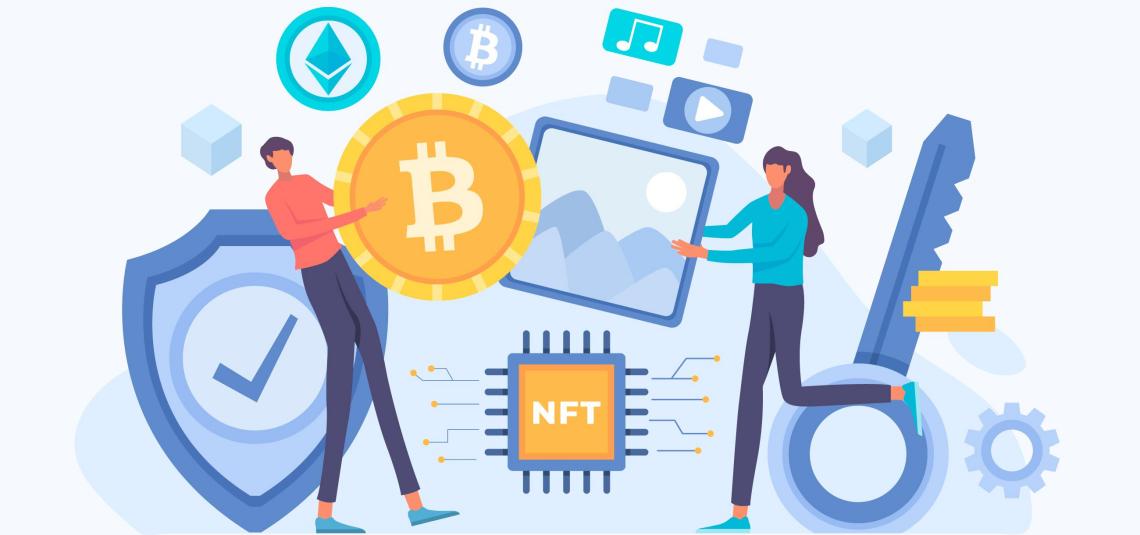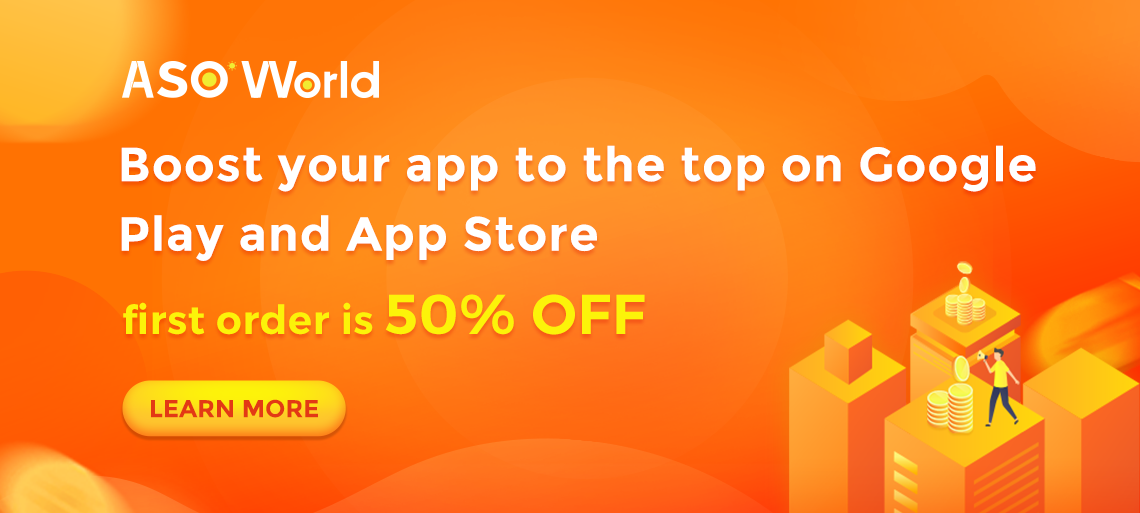SEO Backlink Strategies: Boosting App Traffic and Enhancing Brand Awareness






A blockchain is essentially a digital ledger of transactions that is duplicated and distributed across the entire network of computer systems on the blockchain.

Blockchain is a system of recording information in a way that makes it difficult or impossible to change, hack, or cheat the system.
A blockchain is essentially a digital ledger of transactions that is duplicated and distributed across the entire network of computer systems on the blockchain. Each block in the chain contains a number of transactions, and every time a new transaction occurs on the blockchain, a record of that transaction is added to every participant's ledger. The decentralised database managed by multiple participants is known as Distributed Ledger Technology.
Blockchain applications go far beyond cryptocurrency and bitcoin. With its ability to create more transparency and fairness while also saving businesses time and money, the technology is impacting a variety of sectors in ways that range from how contracts are enforced to making government work more efficiently.

Click "Learn More" to drive your apps & games business with ASO World app promotion service now.
DApps are decentralized applications. A blockchain has no server that plays the role of an intermediary between users that exchange messages, money, or data. This opens lots of possibilities for many industries, that's why blockchain application development is relevant for so many businesses.
All members of a blockchain network are users and mini-servers at the same time, and they're responsible for verifying and sending data. Let's discuss how a blockchain works in more detail.
The market for blockchain applications is far from saturated: the majority of mobile users still don't use blockchains and only have a vague idea of what they are. This follows the trend of every major new technology -- and after a few years, people can't imagine the world without it.
The same is likely to happen to the blockchain: its benefits won't remain unnoticed. Many companies already try to build a blockchain application for their benefit and integrate it with their existing system.
A blockchain wallet is a digital wallet that allows users to store and manage their Bitcoin, Ether, and other cryptocurrencies. Blockchain Wallet can also refer to the wallet service provided by Blockchain, a software company founded by Peter Smith and Nicolas Cary. A blockchain wallet allows transfers in cryptocurrencies and the ability to convert them back into a user's local currency.
Before we dig into how DApps work, we need to find out how a blockchain works.
A blockchain is a network that shares all data among its peers, storing this data chronologically in blocks. This means that once something occurs in a blockchain network (for example, a transaction or a data exchange), it's shared with all members of the network, and everyone has a record of this action on their own devices.
These blocks of data are stored in a chain, and once the data is added to the chain, it can't be changed. This makes a blockchain extremely hard to violate and steal data from.
To set up a blockchain, you'll need from a few gigabytes to a terabyte of storage space. Since mobile devices don't have so much space, DApps usually function on just a part of a chain.
There are two types of blockchains based on the type of network.
A permissionless blockchain is accessible to all members of the network and is available on any device. Every user can access the code, verify transactions, interact with others, and stay anonymous. Bitcoin, for example, is permissionless.
A permissioned blockchain allows only authorized participants. All users have roles and permissions. A permissioned blockchain has rules that regulate transactions between network members. This type of blockchain is great for managing operations within organizations.
In this article we'll discuss how to develop blockchain applications, and what are the best practices of blockchain application development.
Here are some most interesting examples of using blockchain in different industries. You can use them as ideas for blockchain apps.
Why are blockchain apps gaining popularity? I've already mentioned that they're secure and anonymous, but there's much more to it.
Easy transactions. Many banks strive to provide mobile services, but the transaction process still isn't perfect in some cases because of the rejected transactions, commissions, and exchange rates. With DApps, this isn't the case: it takes only five minutes to set up a blockchain wallet, and allow users to buy things with cryptocurrency without any fees.
Great cryptocurrency exchange experience. It's more convenient to buy and sell cryptocurrencies via a mobile app, because the reaction to the price changes should be quick. The cryptocurrency market is extremely volatile but has lots of potential for growth. This makes cryptocurrency exchange apps popular.
High security. Common banking apps and secret chats often struggle with security. Mobile applications are vulnerable, and hackers can steal money through a man-in-the-middle (MITM) attack during a transaction. This is impossible with Bitcoin, for example, as all data is decentralized and each member of the network has a copy of all chains. A blockchain based messaging app, for example, can ensure the security of your messages.
According to stateofthedapps.com, these are the five most popular categories of blockchain technology applications:
Games
Gambling
Exchanges
Wallets
Finance
Real estate
Healthcare
Music industry
E-mobility
IoT startups
So far, we've discussed the benefits of decentralized blockchain apps and seen a high-level plan for developing a DApp. But how exactly can you put such software to use?
Let's discuss how exactly you can use a blockchain to optimize your digital business operations, increase your revenue, and improve security after you make your own blockchain application.
Transactions. Traditional payment gateways are great, but if your target audience is used to cryptocurrency, you can add a blockchain to your app to allow fast, secure, and easy cryptocurrency transactions.
Supply chain management. Supply chains consist of many exchanges between different entities. A blockchain can be a great tool for keeping track of all these stages.
Authentication. If you need a secure tool for internal communication or operational management, a blockchain can be a good option. A blockchain provides unparallelled security and only gives access to authorized users. You can control access levels in your own permissioned blockchain.
Cloud storage. Blockchain applications can also play a role in decentralized cloud storage. Instead of integrating cloud storage into your app, you can integrate blockchain technologies and provide users with fast, convenient storage.
Get FREE Optimization Consultation
Let's Grow Your App & Get Massive Traffic!
All content, layout and frame code of all ASOWorld blog sections belong to the original content and technical team, all reproduction and references need to indicate the source and link in the obvious position, otherwise legal responsibility will be pursued.